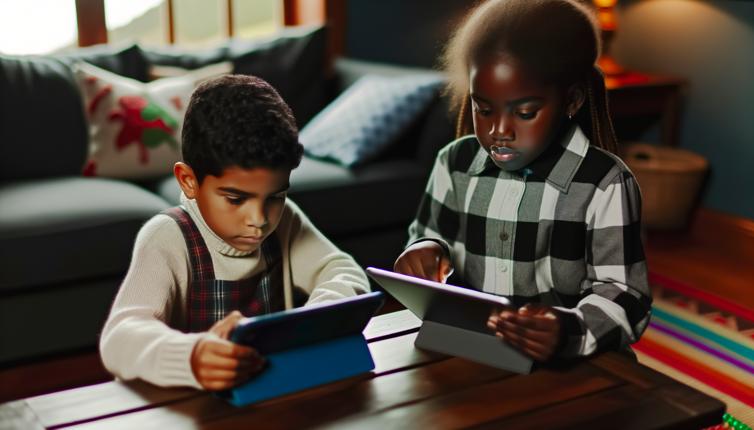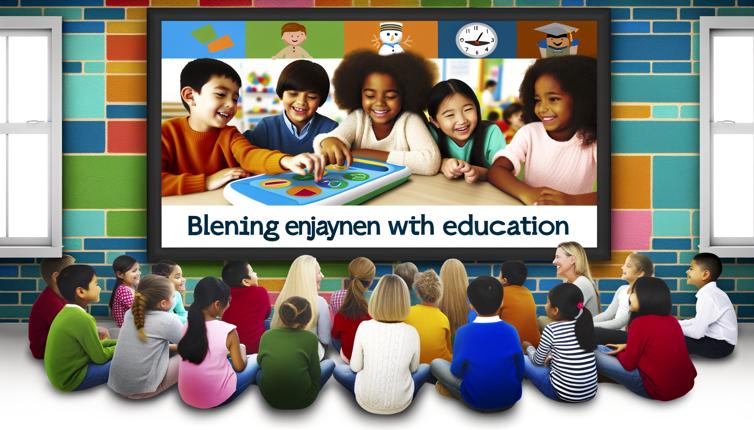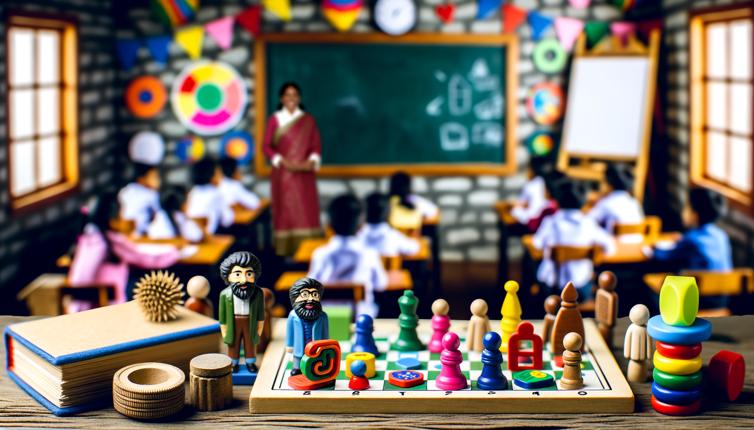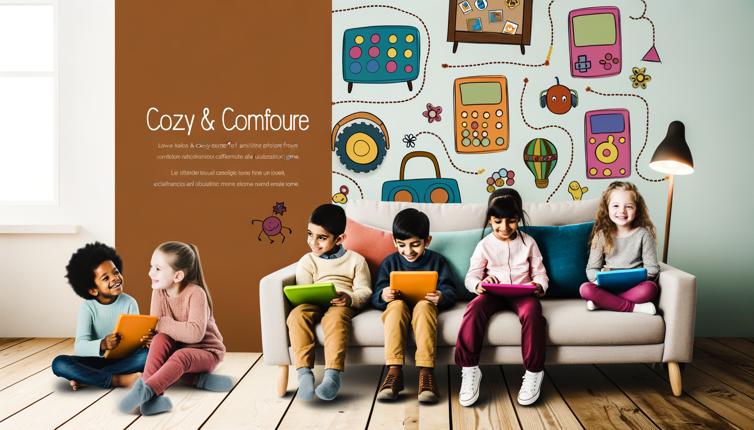Introduction
In today's digital age, educational games have become a popular tool for children to learn and explore. These games provide an interactive and engaging way for kids to acquire new knowledge and skills. However, not all educational games are created equal, and it is crucial for parents and educators to guide children in making game choices that align with their personal interests.,By encouraging independence in choosing educational games, parents and educators can empower children to take ownership of their learning journey. When children are given the opportunity to select games based on their interests, they are more likely to be motivated and actively engaged in the learning process. This article will explore strategies for teaching kids to make educational game choices based on their personal interests.
Understanding Personal Interests
Before teaching kids how to make educational game choices based on their personal interests, it is essential to help them understand what personal interests are. Personal interests refer to the things that children are naturally curious about or passionate about. These can include topics like animals, space, dinosaurs, history, math, or art. By identifying their personal interests, children can narrow down their game options to those that align with their passions.,One way to help children identify their personal interests is to engage in conversations about their favorite subjects and activities. Encourage them to reflect on what they enjoy learning about or what hobbies they are most drawn to. By actively listening and observing their preferences, parents and educators can gain valuable insights into their children's personal interests.
Researching Educational Games
Once children have identified their personal interests, the next step is to research educational games that cater to those interests. The internet provides a vast array of resources and platforms where parents and educators can find educational games in various subjects and formats. Some popular educational game websites include ABCmouse, PBS Kids, Khan Academy, and National Geographic Kids.,When researching educational games, it is important to consider several factors. First, look for games that align with the child's personal interests. For example, if a child is interested in dinosaurs, look for games that offer interactive experiences in paleontology or prehistoric life. Second, consider the age appropriateness of the game. Some games are designed for specific age groups and may not be suitable for younger or older children. Finally, read reviews and ratings from other parents and educators to gauge the quality and educational value of the game.,By involving children in the research process, parents and educators can teach them critical thinking skills and help them evaluate the educational value of the games. Encourage children to read game descriptions, watch gameplay videos, and discuss their findings with others. This will not only enhance their decision-making skills but also foster independent learning and information literacy.
Flexible Learning Opportunities
One of the benefits of educational games is the flexibility they offer in terms of learning opportunities. Children can choose games that align with their personal interests and explore different subjects and concepts at their own pace. This flexibility allows children to delve deeper into their passions and develop a holistic understanding of various topics.,Parents and educators should encourage children to explore different games within their personal interests and provide support and guidance when needed. As children engage with different games, they will gain a broader perspective and develop a well-rounded knowledge base. By allowing children to make choices and providing a nurturing environment, parents and educators can foster a love for learning and discovery.
Conclusion
Teaching kids to make educational game choices based on their personal interests is a powerful way to encourage independence and foster a love for learning. By helping children identify their personal interests, researching educational games, and providing flexible learning opportunities, parents and educators can empower children to take ownership of their education. By aligning their game choices with their passions, children are more likely to be motivated, engaged, and eager to learn. So, let's support our children in making educational game choices that ignite their curiosity and fuel their love for learning!









